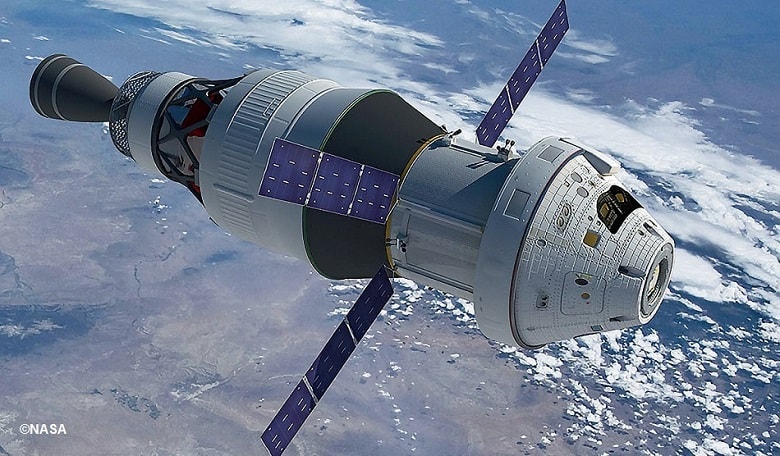Technology Contribute to Space Exploration

Technology plays a pivotal role in advancing space exploration, enabling scientific discovery, space missions, and human exploration beyond Earth's atmosphere. Here are several ways in which technology contributes to space exploration:
-
Spacecraft Design and Engineering:
- Advanced spacecraft design and engineering technologies enable the development of space probes, satellites, rovers, and crewed spacecraft capable of surviving the harsh conditions of space, including extreme temperatures, radiation, and vacuum environments.
- Technological innovations in materials science, propulsion systems, thermal control, and structural engineering improve spacecraft performance, reliability, and durability for long-duration missions in space.
-
Launch Vehicles and Space Transportation:
- Rocket technology and launch vehicle systems facilitate the transportation of payloads, satellites, and astronauts into space, providing access to low Earth orbit (LEO), geostationary orbit (GEO), and interplanetary destinations.
- Advances in rocket propulsion, reusable rocket technology, and space launch infrastructure reduce launch costs, increase launch frequency, and enable access to space for commercial, scientific, and exploration purposes.
-
Planetary Exploration and Robotic Missions:
- Robotic exploration missions, such as Mars rovers, lunar landers, and planetary probes, utilize advanced robotics, sensors, cameras, and scientific instruments to explore distant worlds, study planetary surfaces, and search for signs of life.
- Robotics technologies, including autonomous navigation, sample collection, and remote sensing capabilities, enable robotic missions to conduct scientific research, geological surveys, and reconnaissance missions in challenging environments.
-
Human Spaceflight and Space Stations:
- Human spaceflight programs, such as NASA's Artemis program and international space missions, leverage spacecraft technology, life support systems, and crewed capsules to transport astronauts to space stations, lunar habitats, and future exploration destinations.
- Space stations, such as the International Space Station (ISS), serve as laboratories for scientific research, technology demonstrations, and human health studies, advancing our understanding of space physiology, microgravity effects, and long-duration spaceflight.
-
Satellite Communications and Remote Sensing:
- Satellite technology enables global communication networks, satellite-based navigation systems (e.g., GPS), Earth observation satellites, and remote sensing platforms that monitor the Earth's surface, atmosphere, and oceans.
- Satellite communications facilitate data transmission, telecommunication services, and internet connectivity worldwide, while remote sensing satellites provide valuable data for weather forecasting, climate monitoring, disaster management, and environmental surveillance.
-
Space Telescopes and Astronomy:
- Space-based observatories, such as the Hubble Space Telescope and James Webb Space Telescope, utilize advanced optics, detectors, and imaging technology to observe distant galaxies, stars, and celestial objects beyond the Earth's atmosphere.
- Space telescopes enable groundbreaking discoveries in astronomy, cosmology, and astrophysics, uncovering the mysteries of the universe, mapping cosmic phenomena, and studying the origins of galaxies and planetary systems.
-
Space Exploration Technologies (SpaceX), Blue Origin, and Private Space Industry:
- Private space companies, such as SpaceX, Blue Origin, and Virgin Galactic, drive innovation and competition in the space industry, developing reusable rocket technology, commercial space tourism, and ambitious space exploration initiatives.
- Commercial space ventures accelerate the pace of space exploration, expand access to space, and foster collaboration between public and private sectors in advancing space technology and exploration capabilities.
Overall, technology plays a transformative role in advancing space exploration, pushing the boundaries of scientific knowledge, expanding human presence in space, and inspiring future generations to explore and discover the wonders of the cosmos. Continued investment in space technology, research, and exploration is essential for unlocking the mysteries of the universe, expanding human civilization beyond Earth, and ensuring the long-term sustainability of space exploration endeavors.
Thank you,
